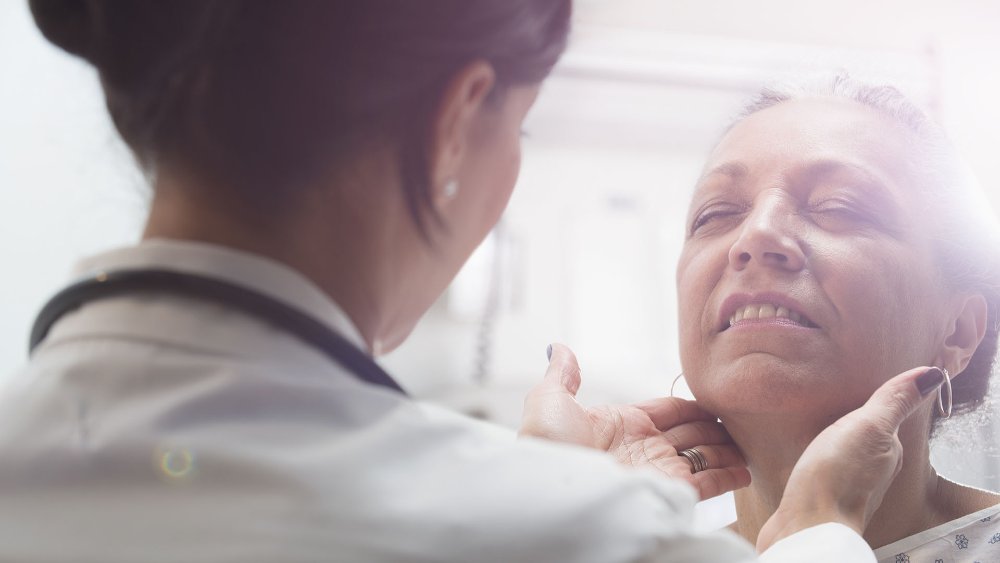On Friday, March 27, the President signed H.R. 748, The Coronavirus Aid, Relief, and Economic Security (CARES) Act, into law. The Act was passed by the House earlier in the day and by the Senate on Wednesday, March 25.
It is important to note that in addition to providing many new programs and plan changes, the CARES Act also amends the Families First Coronavirus Response Act (FFCRA) that was enacted on March 18. Provisions that amend FFCRA are noted for clarity.
Key employer plan, payroll, and leave provisions of the CARES Act include:
Health and retirement plans:
-
Provides the U.S. Department of Labor (DOL) with the ability to postpone certain ERISA filing deadlines and provide other relief in the case of a public health emergency.
-
More guidance will be required from the DOL as to which deadlines and relief they intend to address.
Employer group health plans:
-
The act amends the FFCRA to expand required “first dollar” coverage (meaning coverage with no deductible, copay, or coinsurance) for additional types of COVID-19 testing.
-
Provides guidance to plans and testing providers about how much will be paid by the plan for testing.
-
Anticipates that when “preventative services and vaccines” (meeting certain standards) are available for COVID-19, they will have to be covered 100% by the plan, without cost-sharing and within 15 days of becoming available.
-
Temporarily allows High Deductible Health Plans (HDHP) to cover telehealth services “pre-deductible” without disqualifying the person from contributing to a Health Savings Account (HSA).
-
Allows account-based plans (e.g., HSAs, FSAs, HRAs) to cover over-the-counter medical products without a prescription (reversing an Affordable Care Act (ACA) exclusion) and allows these plans to cover menstrual products.
-
Adjusts certain HIPAA provisions and directs the Department of Health and Human Services to issue guidance on patient record sharing during a public health emergency related to COVID-19.
Employer retirement plans:
-
Creates a new COVID-19-related limited distribution that is exempt from the (otherwise applicable) 10% early withdrawal penalty and withholding requirements. A participant will be able to self-certify that they are directly impacted by COVID-19 to become a “qualified individual” making them eligible for the distribution. This is similar to relief previously provided for natural disasters and appears to be optional for plan sponsors to adopt.
-
Creates a new plan loan option that raises the permissible maximum loan amount to $100,000 or 100% of the vested account balance (VAB) (from $50,000 or 50% of the VAB). This relief is only available for the 180-day period following the enactment of the CARES Act. Additionally, it allows a participant to elect (through 12/31/2020) to delay any payments due in 2020 for new or existing loans for a period of one year. The higher limits and payment deferrals are available to “qualified individuals” who are impacted by COVID-19.
-
Waives 2020 required minimum distributions (RMDs) from defined contribution (DC) plans and Individual Retirement Accounts (IRAs), including those from 2019 that will be distributed in 2020 (which may cause administrative challenges for 2019 RMDs already done or in process).
-
Provides funding relief for single-employer pension plans by delaying payments due in 2020 until January 2021 (with interest) and extends the plan’s status for benefit restrictions as of December 31, 2019, through 2020.
-
For certain non-profit employers, the act applies different pension funding rules generally limited to Cooperative and Small Employer Charity Pension Plans (CSEC Plans).
Employer payroll and leave related provisions:
-
Delays required employer’s 6.2% portion of the payroll tax payments for old-age, survivors, and disability insurance (OSDI):
-
50% of the payment is due by December 31, 2021, and the remaining 50% is due by December 31, 2022.
-
-
Expands Section 127 – tax free employer paid educational expenses up to $5,250/year – to allow tax free student loan repayments to be made by the employer after enactment and during 2020.
-
Amends the FFCRA’s Public Health Emergency Leave (for most government employers and private sector employers with fewer than 500 employees) to allow an employee laid off by their employer prior to the FFCRA enactment (retroactive back to March 1, 2020) to be eligible for the paid leave if rehired. It also provides that the tax credits for the Public Health Emergency Leave and Emergency Paid Sick Leave are able to be paid in advance to the employer in order to fund the leaves for employees.
-
Suspends involuntary collections, including wage garnishments, for federal student loans, consistent with the U.S. Department of Education announcement on March 25, 2020.
-
Provides refundable payroll tax credit of up to 50% of wages (and health benefits) for certain employers that keep employees on the payroll during certain periods. Notably, this provision uses the ACA definition of “full-time employee” to determine an employer’s size and category for reimbursement, but agency guidance is expected related to the details of the calculation.


